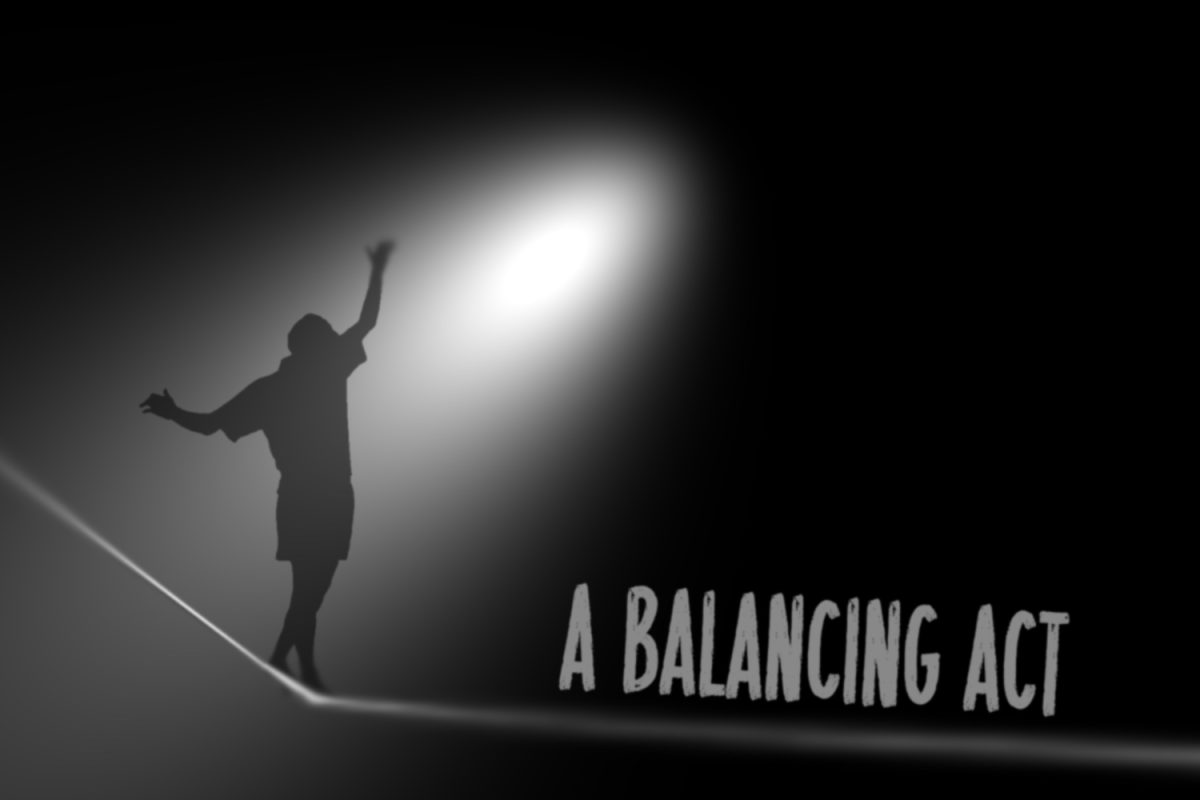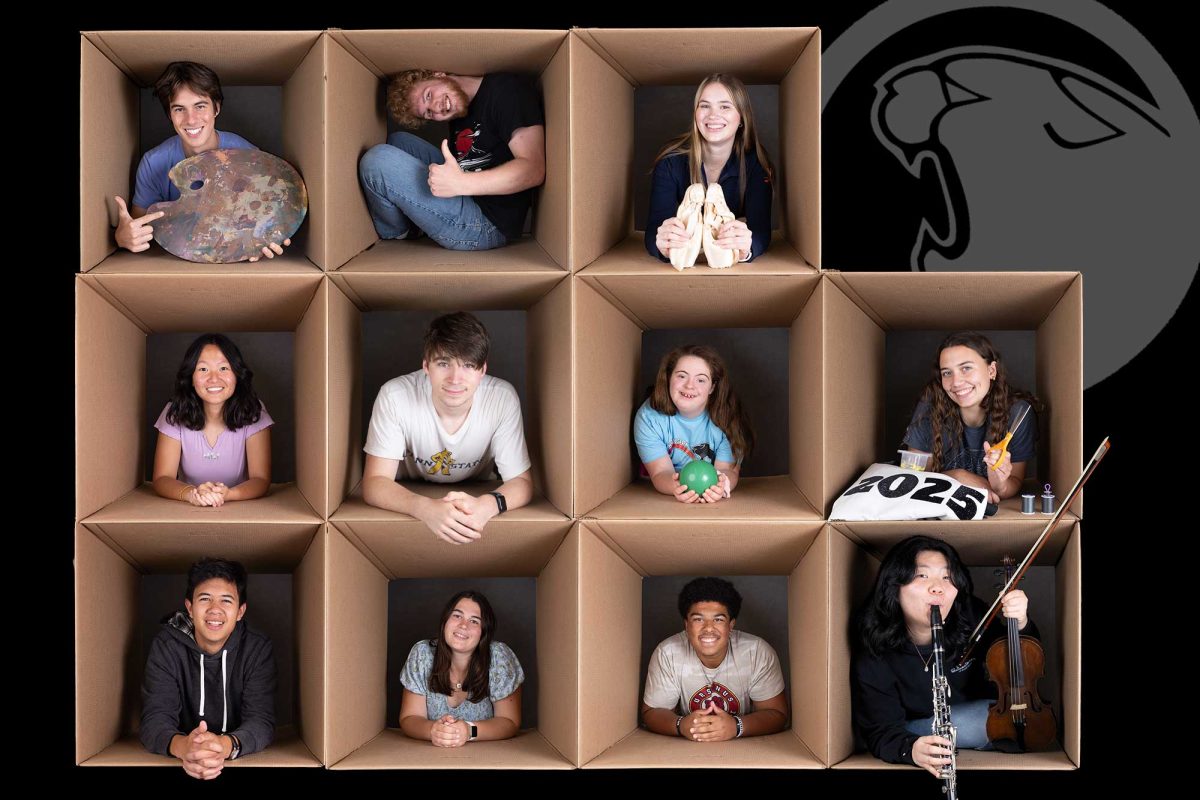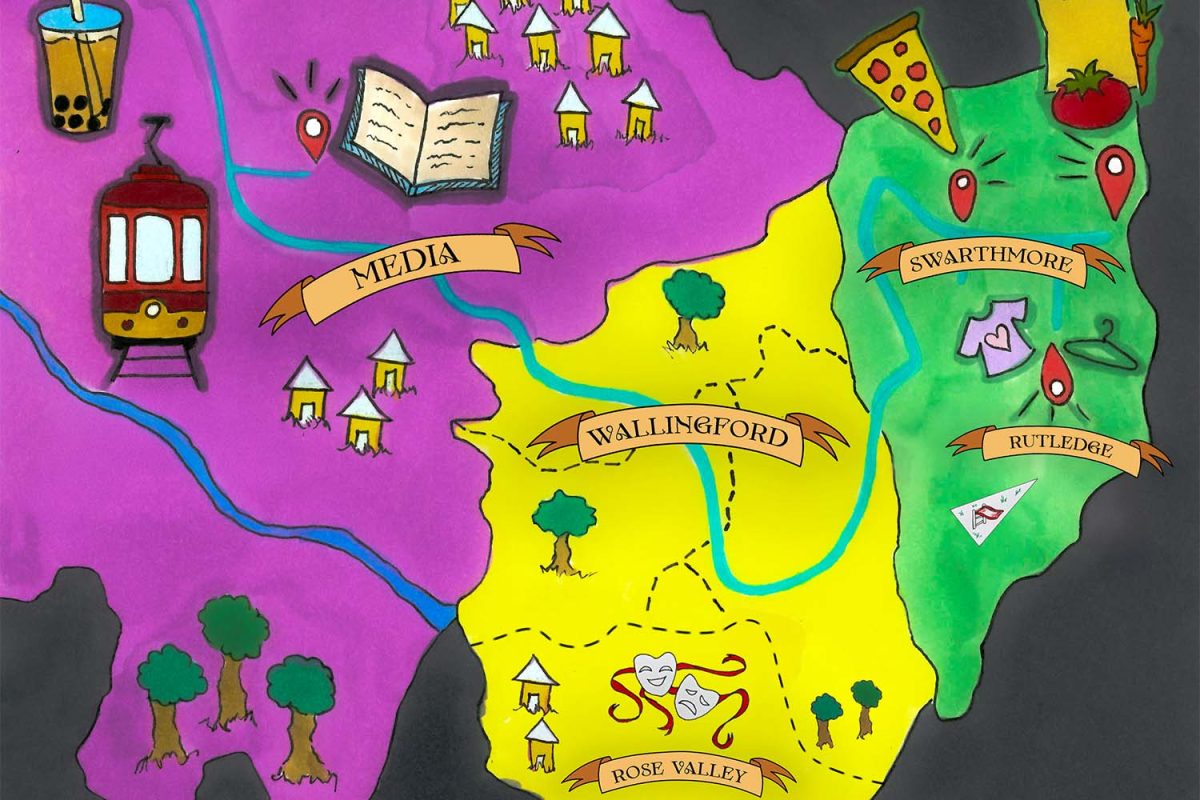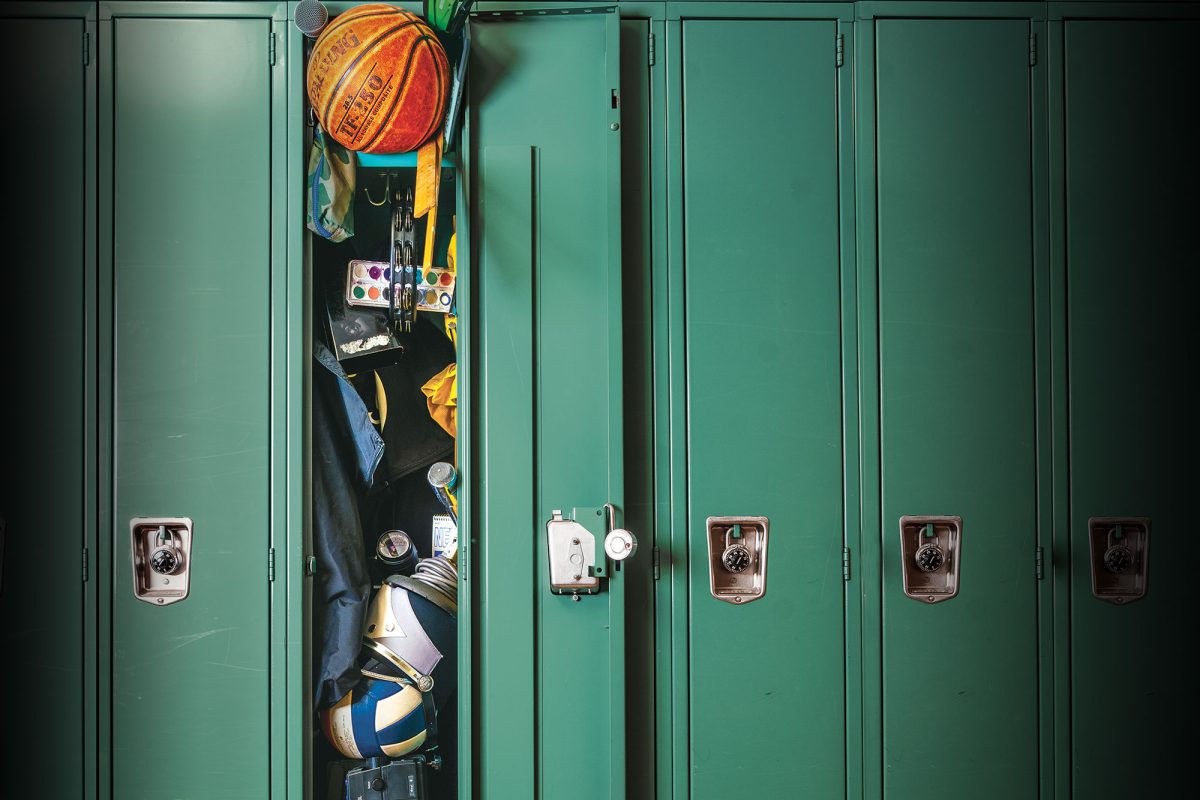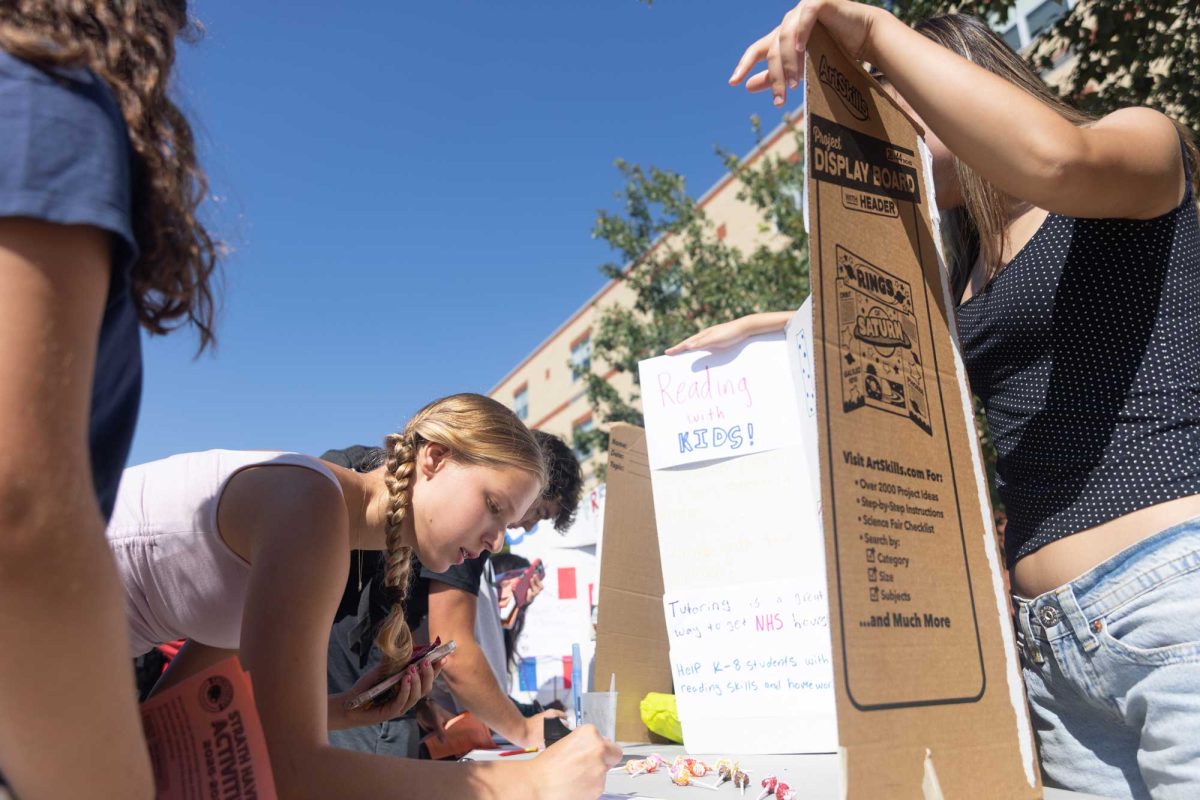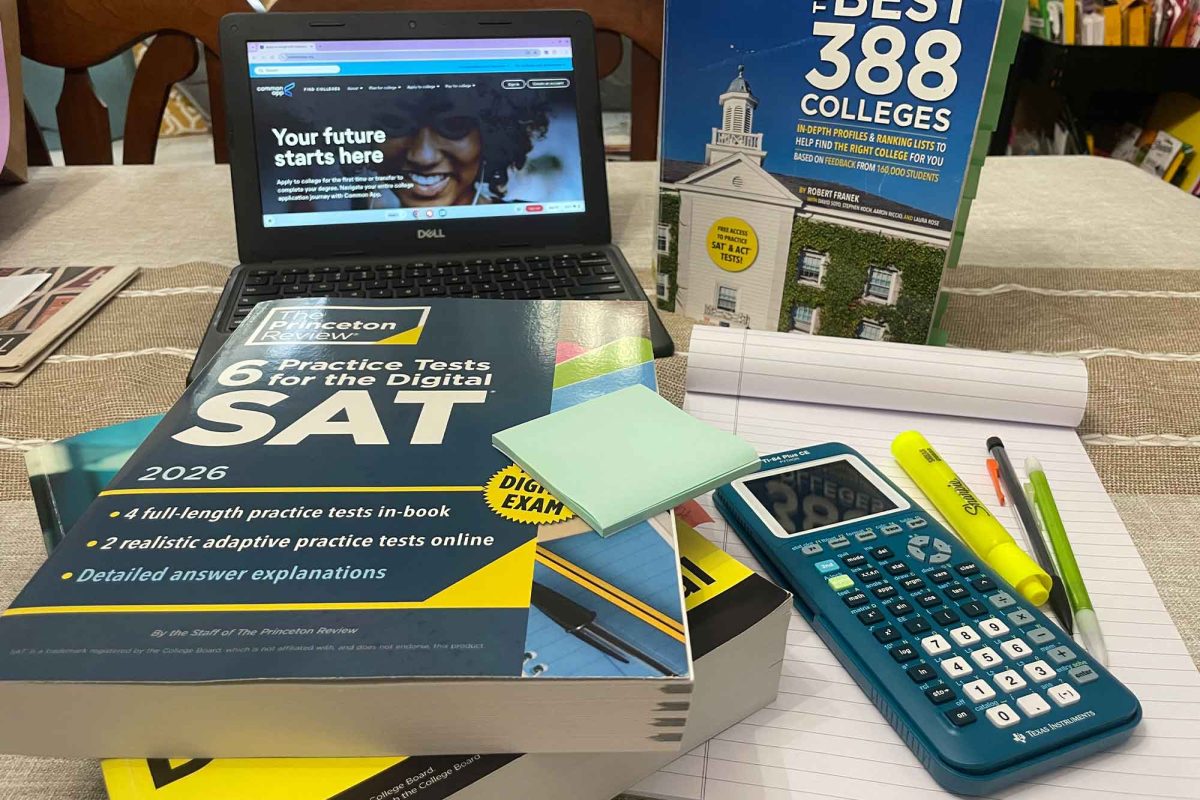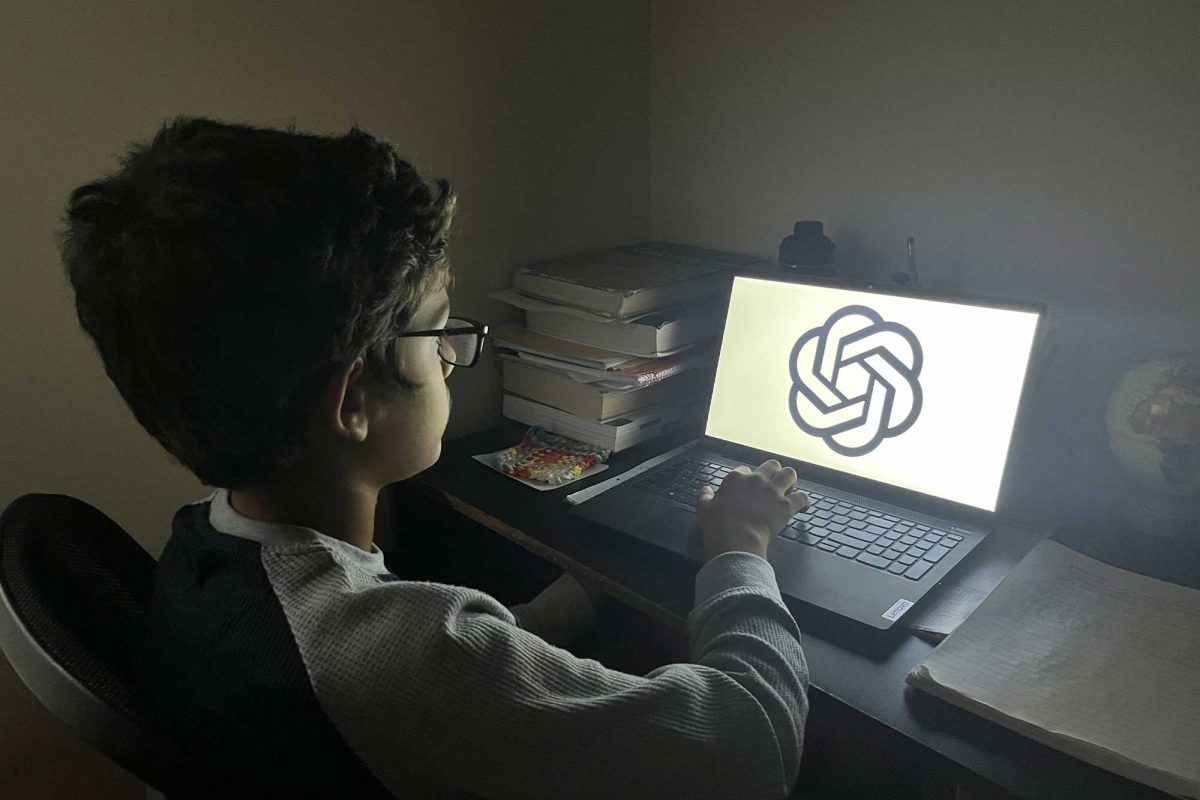Imagine you are required to review your first big freshman English assignment in-person with your teacher. You can’t stop worrying about the assignment on the morning of the day of your scheduled meeting.
You made it through your first and second block classes, but you couldn’t stop thinking about the assignment, about not being ‘good enough’ and had to go to the counselor’s office to decompress.
After all the stress and worry, you got a 98. Or you didn’t, and the cycle starts again with the next assignment.
Strath Haven is an incredibly competitive school. At least, that’s what our school profile says.
“Students are extremely active in the arts, athletics, clubs, and extracurricular activities, including service… Due to the nature of the school community, students work in an intensely competitive and enriched academic environment,” the profile states.
But sometimes, academics and extracurricular pressure can conspire to cause stress for students.
“I think it’s a pretty academically driven school,” Director of STEM Teaching, Learning and Innovation Andrew Benzing said. “We try to balance it out with all the activities. But even then, we find a student does a lot of activities and a lot of academics, and inadvertently, all of a sudden, we cause a lot of stress, which was the whole point of us trying to get them involved in activities.”
Class Levels
Strath Haven classes operate on a two-level system. In all core subjects, honors and college-prep classes are available. Some classes also offer an AP (advanced placement) version as an extra challenge.
In one notable case—a pilot AP Precalculus class that is running simultaneously with Honors Precalculus this year—students can choose which level of the course they want to take.
“If you’re up for more challenge, or if historically you’ve done really well in a college prep environment, and you’re at the end—you’re a junior or senior in high school, you want to take on the additional challenge and go for it, we want to support it,” Benzing said.
There exist some drawbacks of having different course levels.
“If somebody has really high standards [for themselves], and they always have to have straight A’s, then I think if they’re not in honors or advanced classes that could make them doubt themselves,” sophomore Kathryn Kudrick said.
Though there are pros and cons, class levels were created to give students an option about how they want to challenge themselves.
“I think the intent and the beauty of this four by four schedule we have here is that it is supposed to and by design is supposed to facilitate when a student has a passion in a particular area, they can take up to eight courses in that area,” Benzing said.
Extracurriculars
Aside from academics, many students partake in the wide variety of extracurricular activities Strath Haven offers. As Director of Athletics and Extracurriculars Lynelle Mosley puts it, “there’s something for everyone.”
However, this can sometimes cause students to feel as if they aren’t doing enough.
“I think that Strath Haven definitely creates an environment where you can do a lot of things, and because you can do so much, I feel like you do feel pressure to do extracurriculars,” sophomore Brendan Hogg said.
When pressured to put more on your plate, do after-school activities act as stressors or stress relievers? For many students, they are both.
One of the biggest extracurricular activities at Strath Haven is the Panther Marching Band, which over 300 students participate in—whether playing an instrument, dancing, or tossing flags. Band is considered a class, and students are expected to report to fifth block sessions on Tuesdays, Thursdays, and Fridays.
“I know we share students with other music classes, chorus for example, so we have tiers for them where we expect them to do more when they come back, [students] have to work 20% harder than they would if they didn’t miss yesterday’s class,” band director Mr. Nick Pignataro said.
Fifth block is also used as time to catch up on classwork and study. Test corrections and homework help often have to be done during fifth block, but mandatory activities can force students to choose between their passions and their academics.
Students are also involved with many other extracurricular activities, including clubs and sports, which can become overwhelming.
“There’s not really one big stressor,” sophomore Markus Johnson said. “It’s more like the combination of cross country, music, and school. I feel like if there are only two or three, I can do it, but sometimes it gets a little much.”
However, many extracurricular activities can provide stress relief, according to art teacher Mrs. Jennifer Rodgers, who is also the advisor for Art Club.
“I think Art Club is the opposite of a stressful environment,” Rodgers said. “I see a bunch of people relaxed. They’re making their own art, which is what is nice about Art Club. Some people are there for their friends, and some people are just there by themselves.”
Strath Haven also offers many sports teams as another extracurricular option for students, which can serve to relieve stress as well.
“I feel like when you go to sports, you let go of whatever has been bothering you,” Mosley said. “It gives you another focus, and it’s a fun focus.”
Standardized testing
Standardized tests like the SAT, ACT, and PSAT can also serve to stress out students.
A source of stress for sophomores taking the PSAT is that many of them haven’t finished geometry, which is included in the test’s math section.
“[The math on the PSAT] definitely psyched me out. I was really nervous to do it,” Kudrick said.
Many upperclassmen prepare to take the SAT, raising stress levels for some students. One of the things that causes stress levels to rise among students is the comparison of scores.
“I think people compare their scores a lot,” senior JJ Bohr said. “I know some people inflate their scores, and some people I know who have good scores don’t think they’re good enough because of how much they compare their scores to others.”
In 2020, colleges became test-optional to accommodate students who could not test during the pandemic. Over 80 percent of colleges nationwide are still test-optional.
“I think it’s good schools are going test-optional,” junior Porter Broome said. “Students who might not do as well on standardized tests or study well for it don’t have as much pressure to submit their scores.”
Now that the pandemic has ended, however, some colleges and universities have rolled back their test-optional policies.
“I think [students] should just plan accordingly, so if they know that they have to get a certain target score to meet the requirements for admission at one school, they should put some effort into a prep class, or maybe take the test more than one time to get a satisfactory score,” English teacher and SAT tutor Ms. Reagan Lattari said. “The pressure [should be] appropriately placed based on what their plans are.”
But for busier students, it can be difficult to find the time for SAT prep.
“A full practice test takes hours,” Lattari said. “They need the time to prepare, but they don’t really have the time to prepare.”
For Haven students juggling academics, extracurriculars, and the stress of standardized tests, the pressure’s on.
According to Benzing, Strath Haven’s competitive environment can lead to a perspective problem.
“We get this tainted sense of what achievement is,” Benzing said. “I think achievement should be relative to each individual student’s growth… You have to keep in mind your mental health and what makes you happy.”



